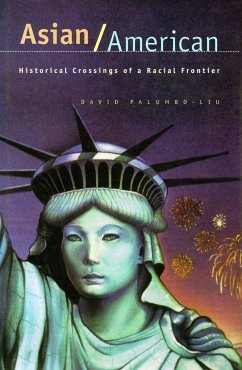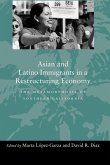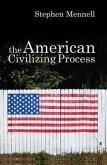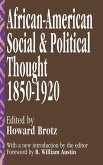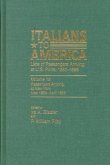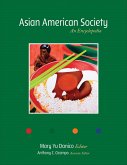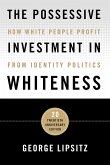This book argues that the invention of Asian American identities serves as an index to the historical formation of modern America. By tracing constructions of "Asian American" to an interpenetrating dynamic between Asia and America, the author obtains a deeper understanding of key issues in American culture, history, and society. The formation of America in the twentieth century has had everything to do with "westward expansion" across the "Pacific frontier" and the movement of Asians onto American soil. After the passage of the last piece of anti-Asian legislation in the 1930's, the United States found it had to grapple with both the presence of Asians already in America and the imperative to develop its neocolonial interests in East Asia. The author argues that, under these double imperatives, a great wall between "Asian" and "American" is constructed precisely when the two threatened to merge. Yet the very incompleteness of American identity has allowed specific and contingent fusion of "Asian" and "American" at particular historical junctures. From the importation of Asian labor in the mid-nineteenth century, the territorialization of Hawaii and the Philippines in the late-nineteenth century, through wars with Japan, Korea, and Vietnam and the Cold War with China, to today's Asian Pacific Economic Cooperation group, the United States in the modern age has seen its national identity as strongly attached to the Pacific. As this has taken place, so has the formation of a variety of Asian American identities. Each contains a specific notion of America and reveals a particular conception of "Asian" and "American." Complicating the usual notion of "identity politics" and drawing on a wide range of writings--sociological, historical, cultural, medical, anthropological, geographic, economic, journalistic, and political--the author studies both how the formation of these identifications discloses the response of America to the presence of Asians and how Asian Americans themselves have inhabited these roles and resisted such categorizations, inventing their own particular subjectivities as Americans.
Hinweis: Dieser Artikel kann nur an eine deutsche Lieferadresse ausgeliefert werden.
Hinweis: Dieser Artikel kann nur an eine deutsche Lieferadresse ausgeliefert werden.

